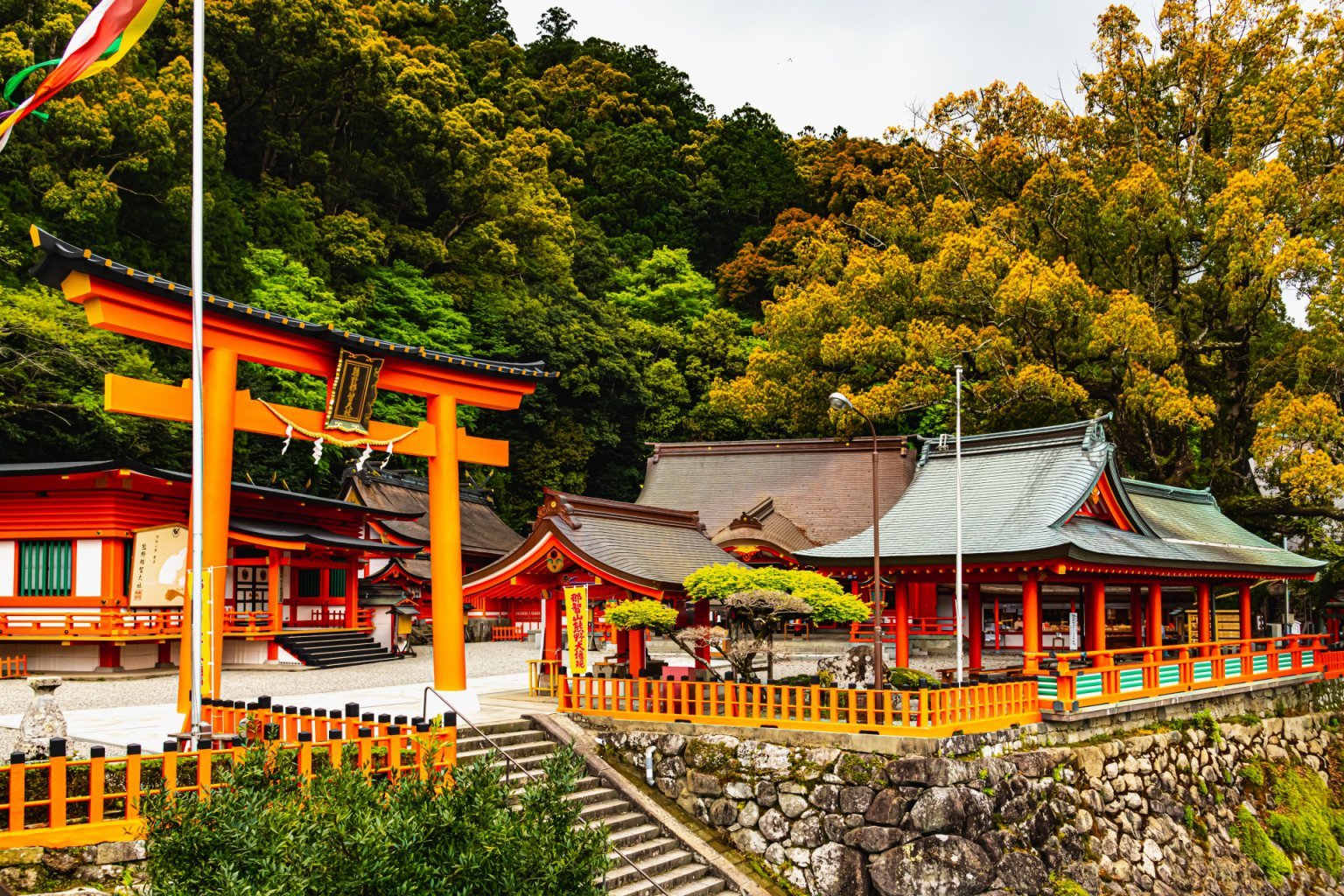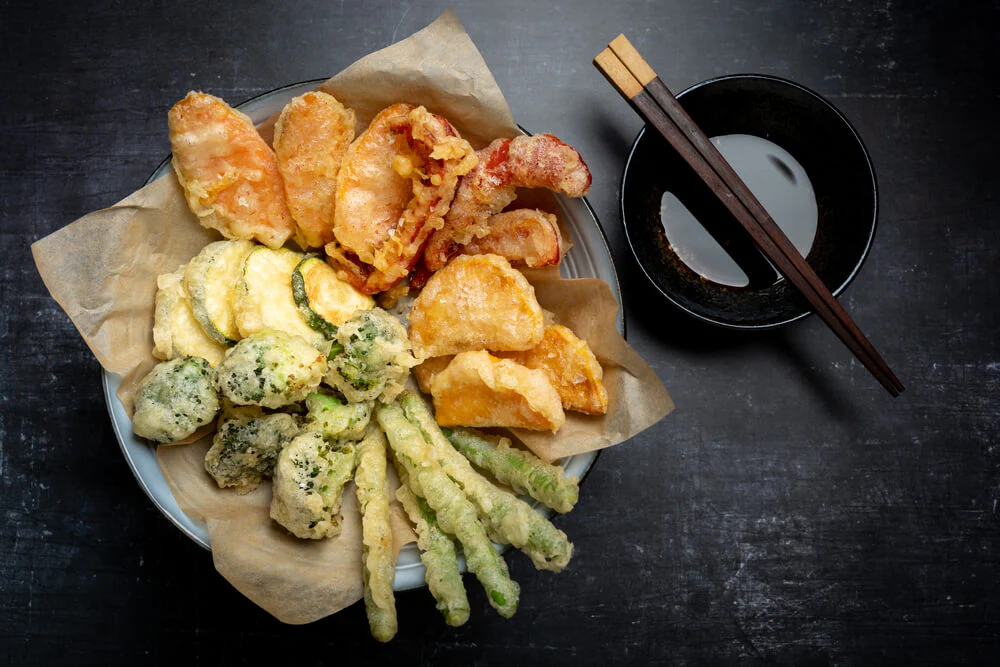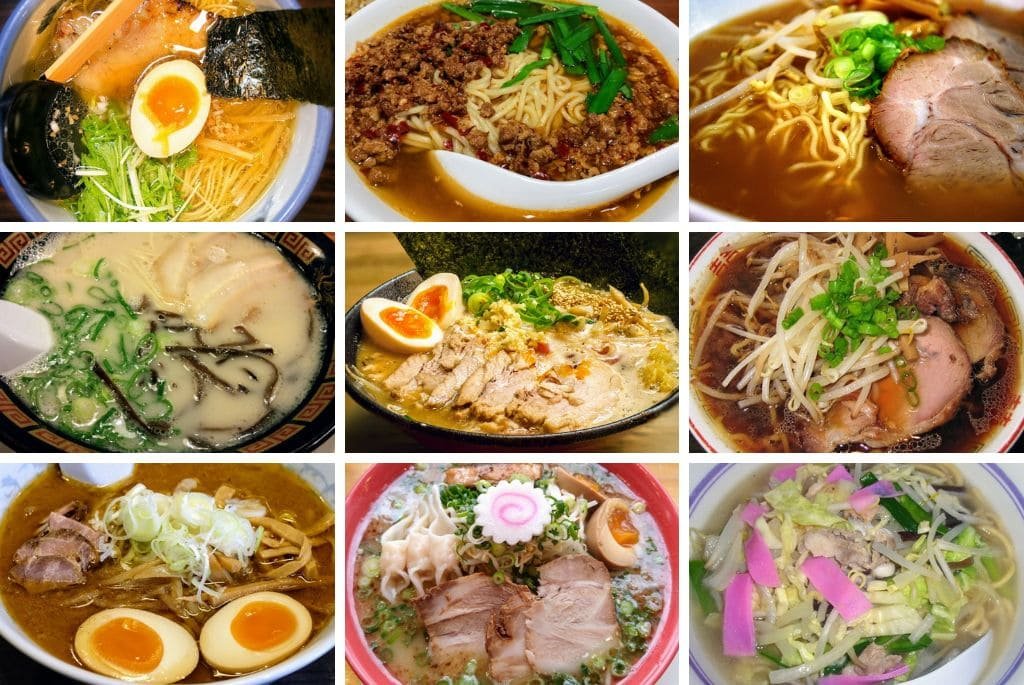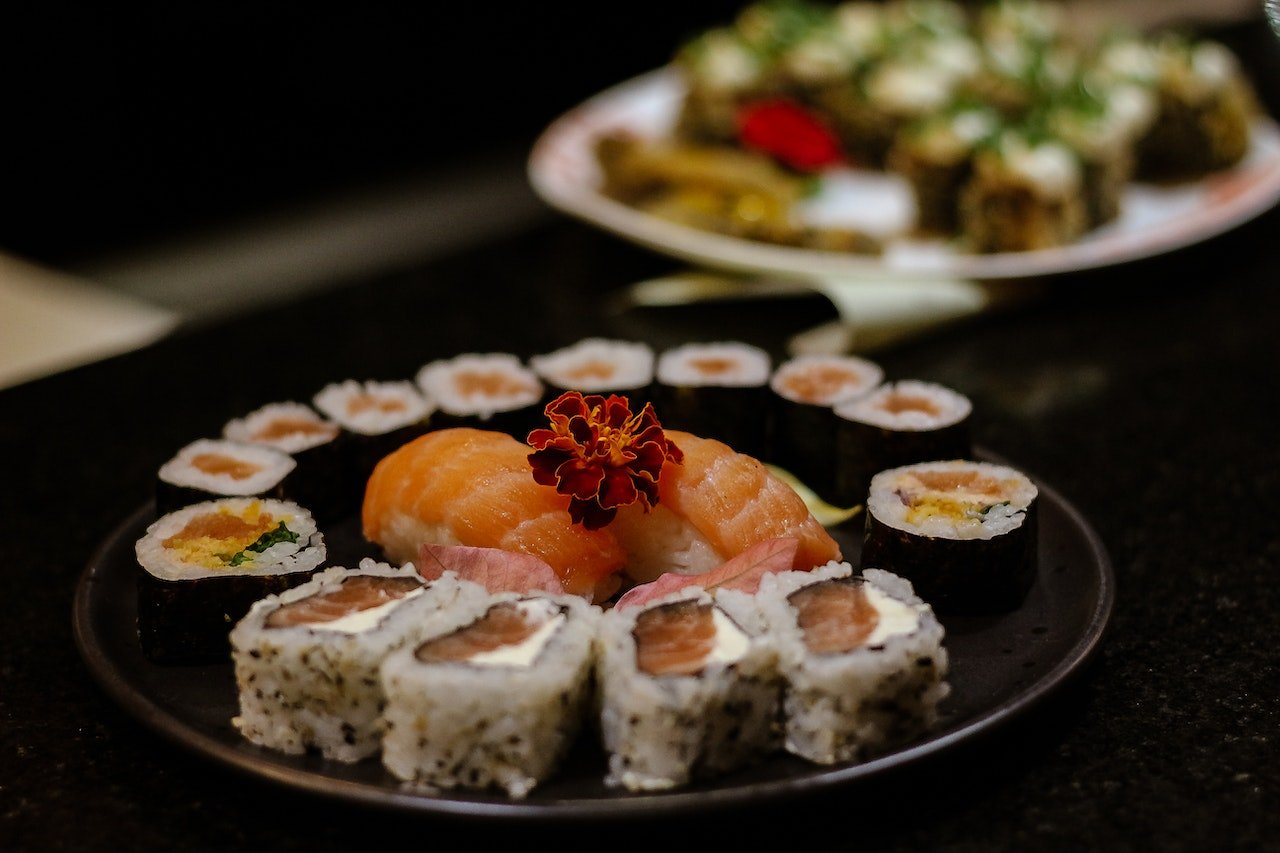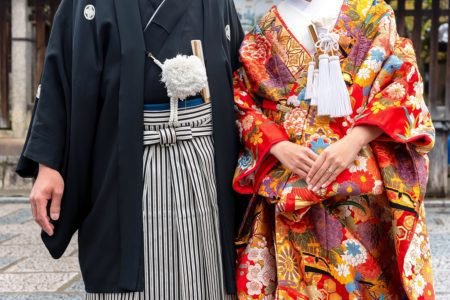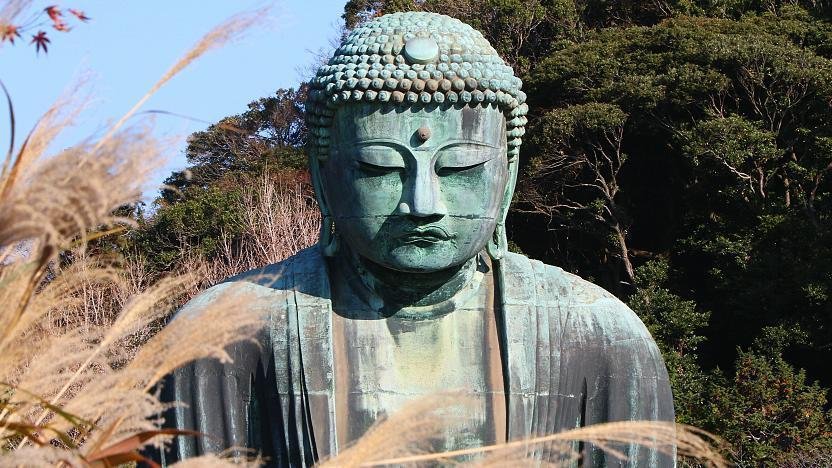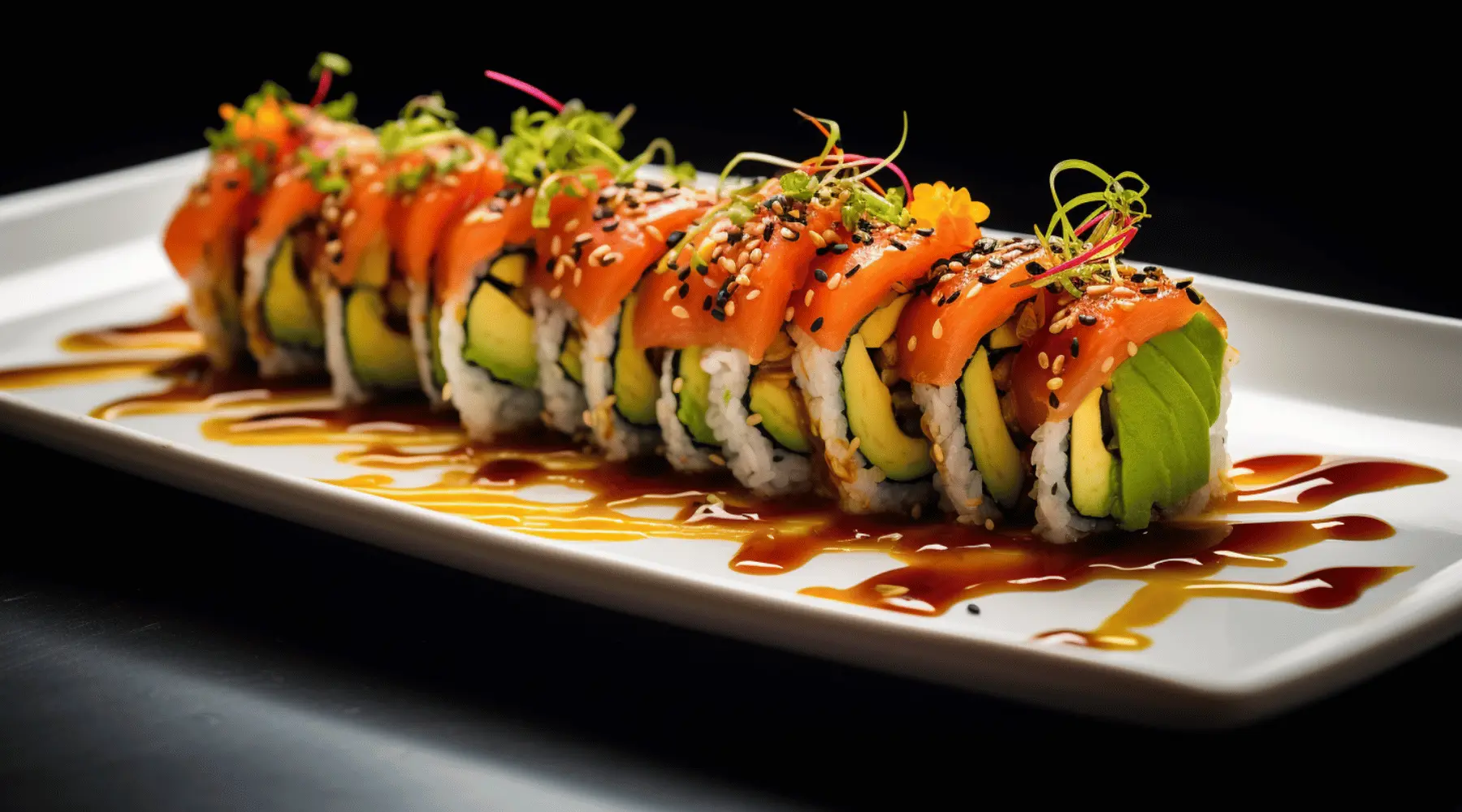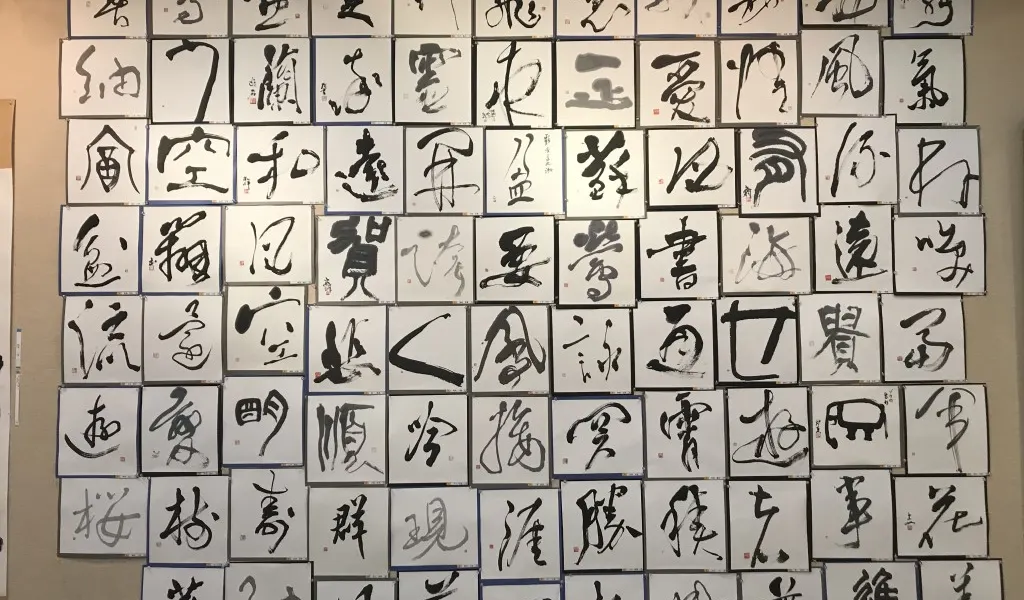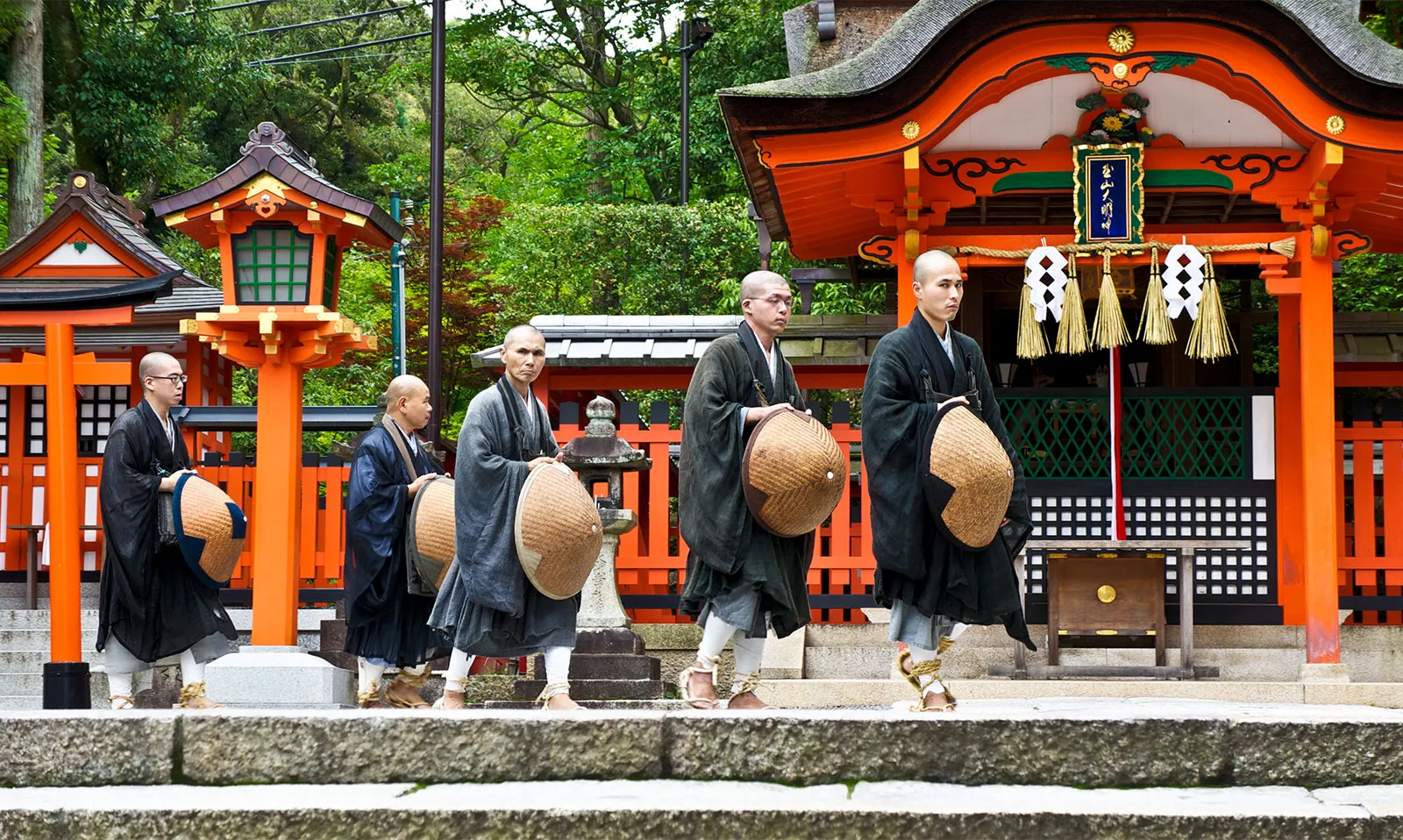The Influence of Shintoism and Buddhism on Japanese Culture
Shintoism and Buddhism have deeply influenced Japanese culture for centuries. These two religions shape many aspects of Japanese life, from traditions and values to art and architecture. Although different in origins, Shintoism and Buddhism coexist harmoniously in Japan, blending to create a unique cultural identity. Here’s how these religions influence Japanese culture. 1. Shintoism and

